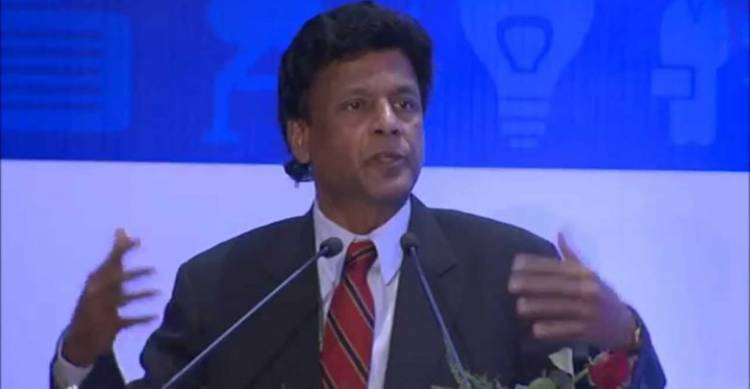ROAR of Ravi Dev
With elections on the agenda for almost a year, after all the sanctimonious talk over the past decades about a “new politics”, it’s pretty much the “same ole, same ole”: race/ethnicity. Once again, some will rail against people not being swayed by “issues”. They assume that race is not “the” issue.
In 1964, Philip Converse published a landmark paper, “The Nature of Belief Systems in Mass Publics”, which for the first time provided hard evidence – from extensive polling data collected by Michigan University Survey Research Centre – of the almost total lack of familiarity by ordinary voters of esoteric variables such as “ideology” in making their choices in elections.
This shook the world of democratic theorists to the roots since they had always assumed that the “informed and knowledgeable voter” formed the bedrock of modern democracies. The most recent investigators, following up on Converse’s work, show that average voters are actually unaware of even elementary political information such as what policies are being offered to them in “manifestoes” and what were the rationales behind them, much less knowledge of ideologies.
In politics, or of any subject for that matter, there would always be a bell-curve distribution on the possession of knowledge of the given issue. That is, there would be some individuals who are very well versed in the subject even if in relative rather than absolute terms. In politics, these are the ideologues and political elites chattering away on blogs. Research have shown however that the problem with these ideologues is their worldview is influenced inordinately by the tenets of their ideology. They literally see only what their ideology tells them to see. Contrary data and findings are dismissed as ‘anomalous” and a few even dismiss the messengers as being “biased”! But their numbers are always very small – some 2% at maximum.
So what does the general public depend on in making up their minds to vote? One should not equate “political ignorance” with ignorance tout court. Generally, according to Converse and his successors, voters go on the basis of their “feelings” about members of “visible social groupings”, “the nature of the times”, political parties etc. In Guyana, race/ethnicity dominates because the voters have experienced specific circumstances – discrimination; exclusion; cultural marginalisation etc – , hich guide them in choosing what on their hierarchy of needs they believe to be most threatened. Just listen to Indian-Guyanese talking about the PNC during the last five years and African-Guyanese about the PPP in the preceding twenty-three.
Typically, voters form a “heuristic” or shorthand summary in determining their political behaviour and voting choices. In Guyana, we have labelled this heuristic the “Ethnic Security Dilemmas”. In the USA, one scholar called it a “Black Utility Heuristic” emanating from the notion of a “linked fate” that is shared by most African American, regardless of their class position. Based on their history, most African Americans are still convinced that their individual fate is linked with the fate of the group – and so for Indian and African/Mixed Guyanese here. Even whites in the US and UK now see their “linked fates”.
As usual the new parties are hoping the ethnic cleavages that characterised our general elections up to now have receded. But has the “ethnic security dilemma” heuristic that guided the voting pattern become irrelevant? And if so, what is the new heuristic? One objective change that I have pointed out is the changed demographics from the early days when the heuristic was formulated. Indians are now far below 40% of the population. Has their security dilemma (of existential physical threat) been alleviated? I have my doubts: witness their acquiescence to the sugar closures.
The African/Mixed groups, which traditionally voted as a block from the sixties onwards, are now over 50% of the voting population and their leadership are no longer splintered with the PNC and WPA together. Their security dilemma – of being excluded from the executive because of their former minority status – has now been overcome. What is their present voting heuristic? To magnanimously become inclusive, or “we time has come”?
Finally, the Indigenous Peoples are finally on centre stage as their swing numbers can finally make the difference. Their voting heuristic has traditionally been the pragmatic one of a minority that cannot win it all: go with the party most capable of winning. Ironically, their choice might now be a self-fulfilling prophecy.
